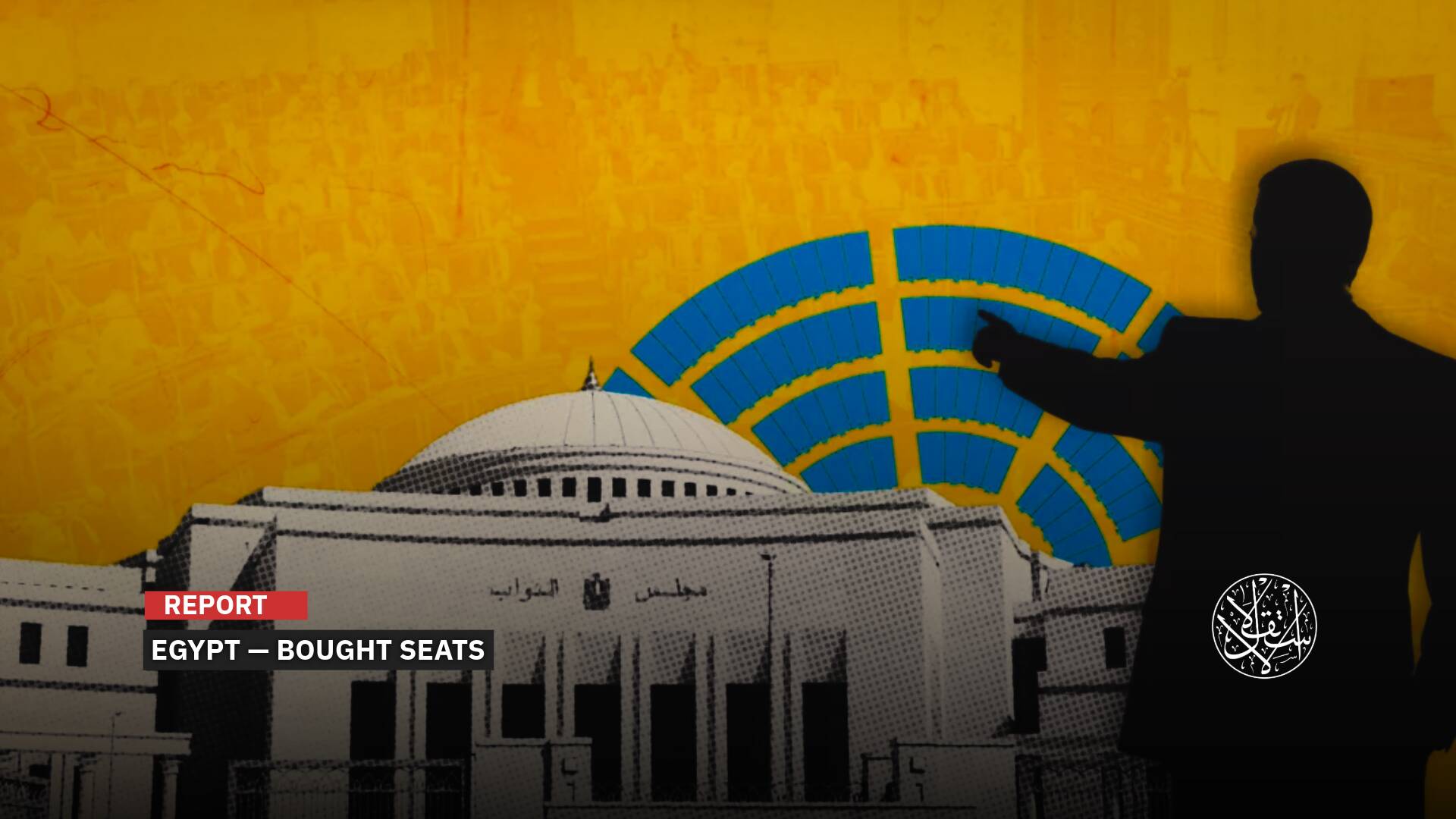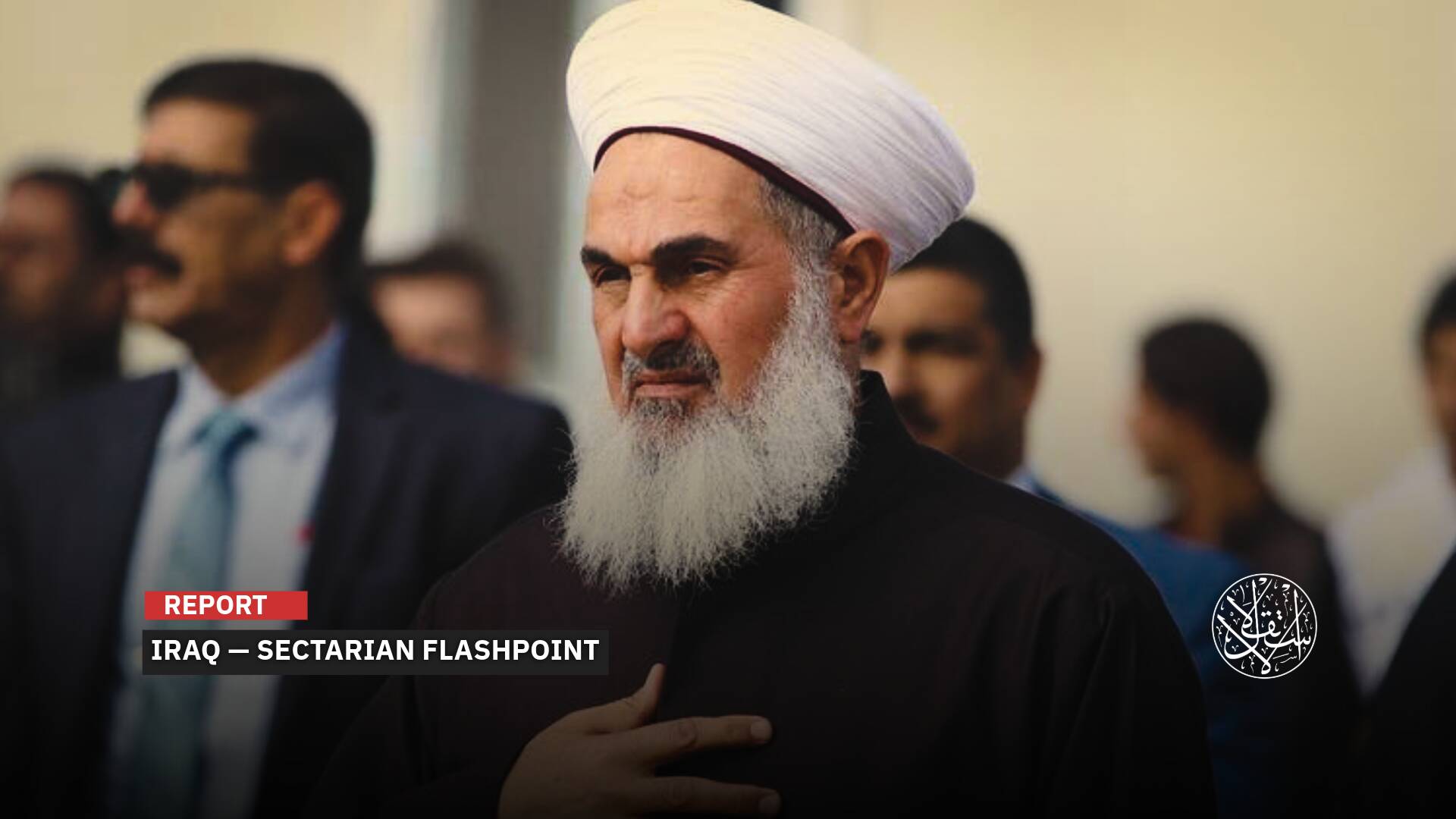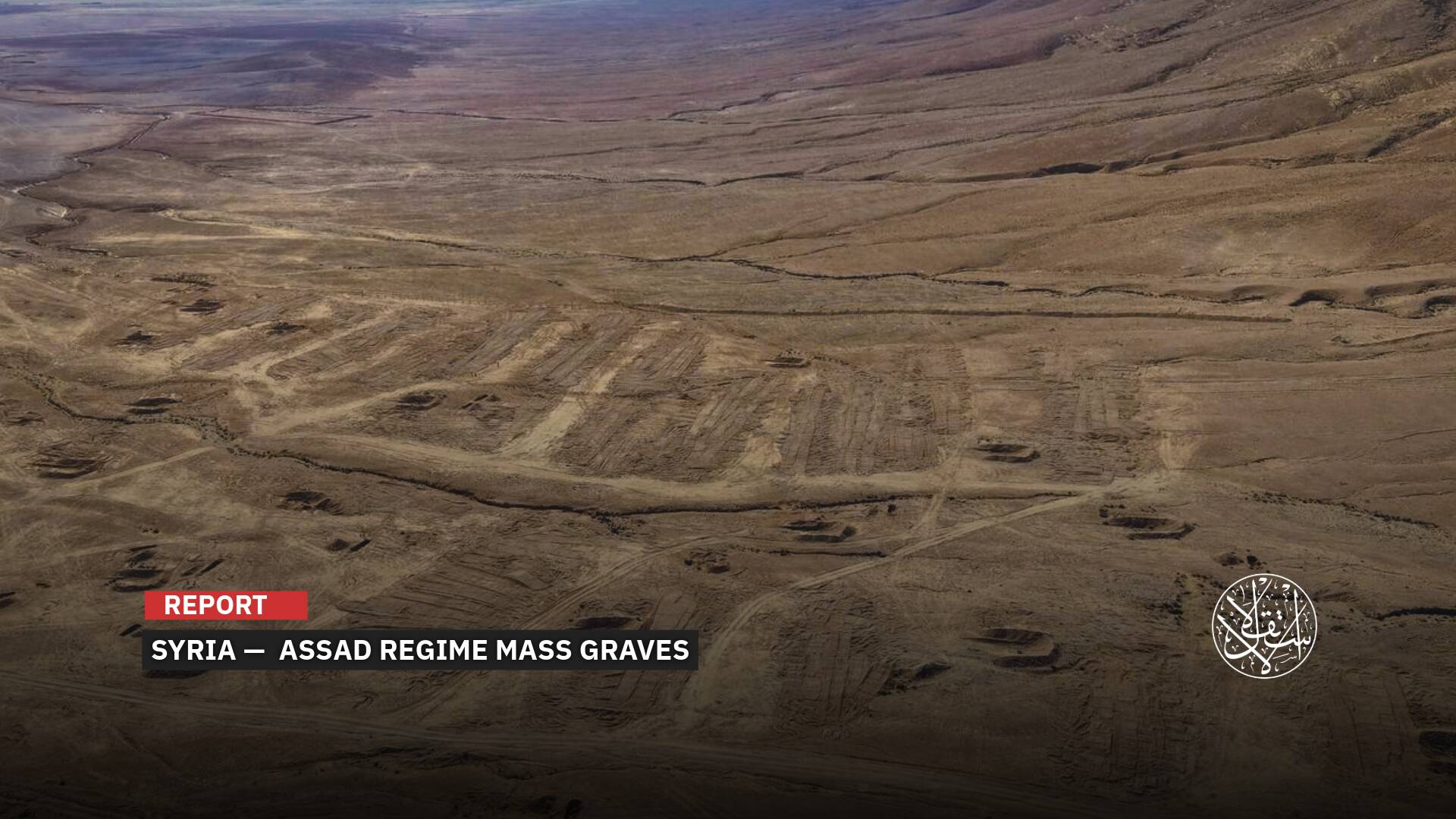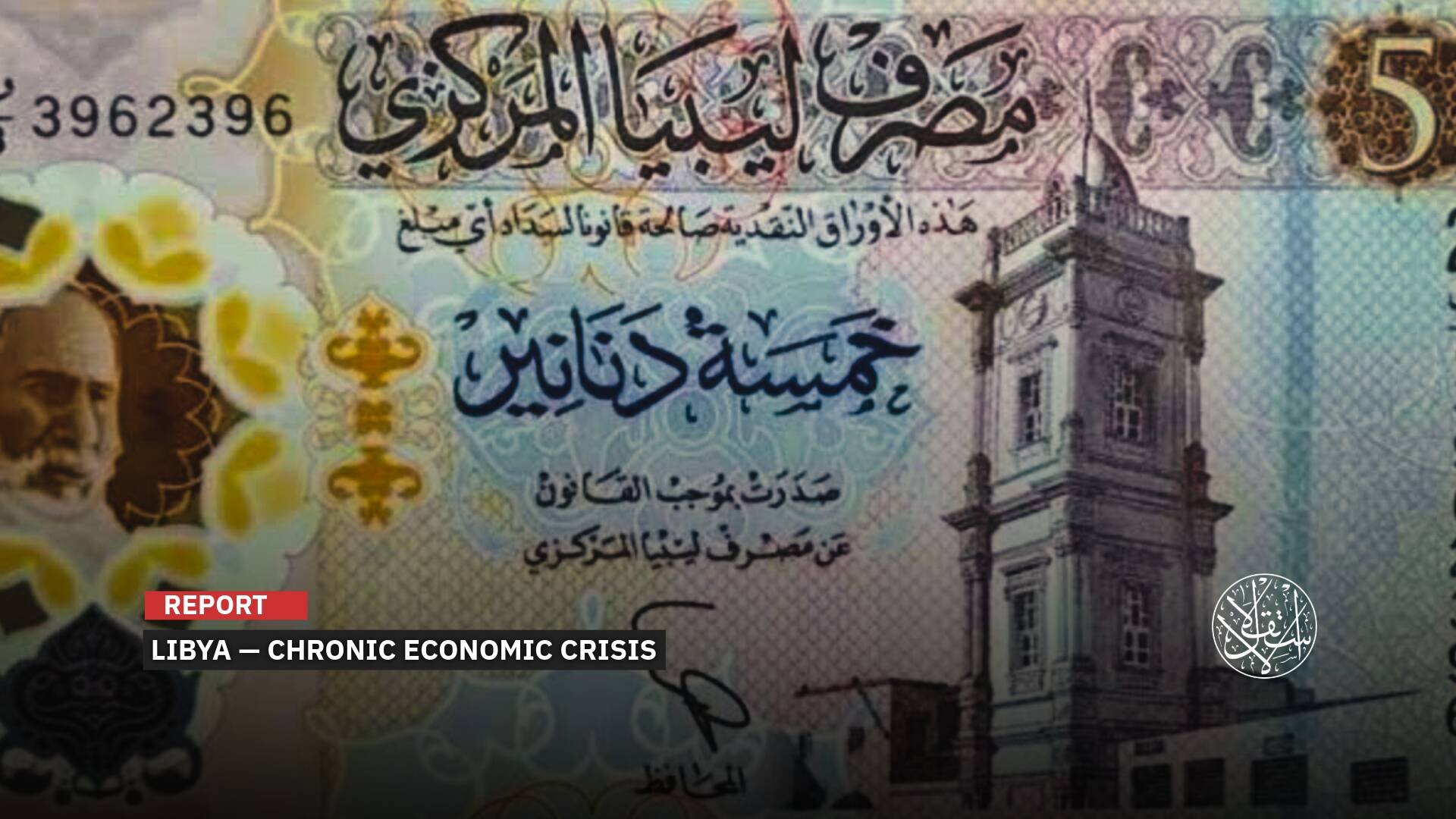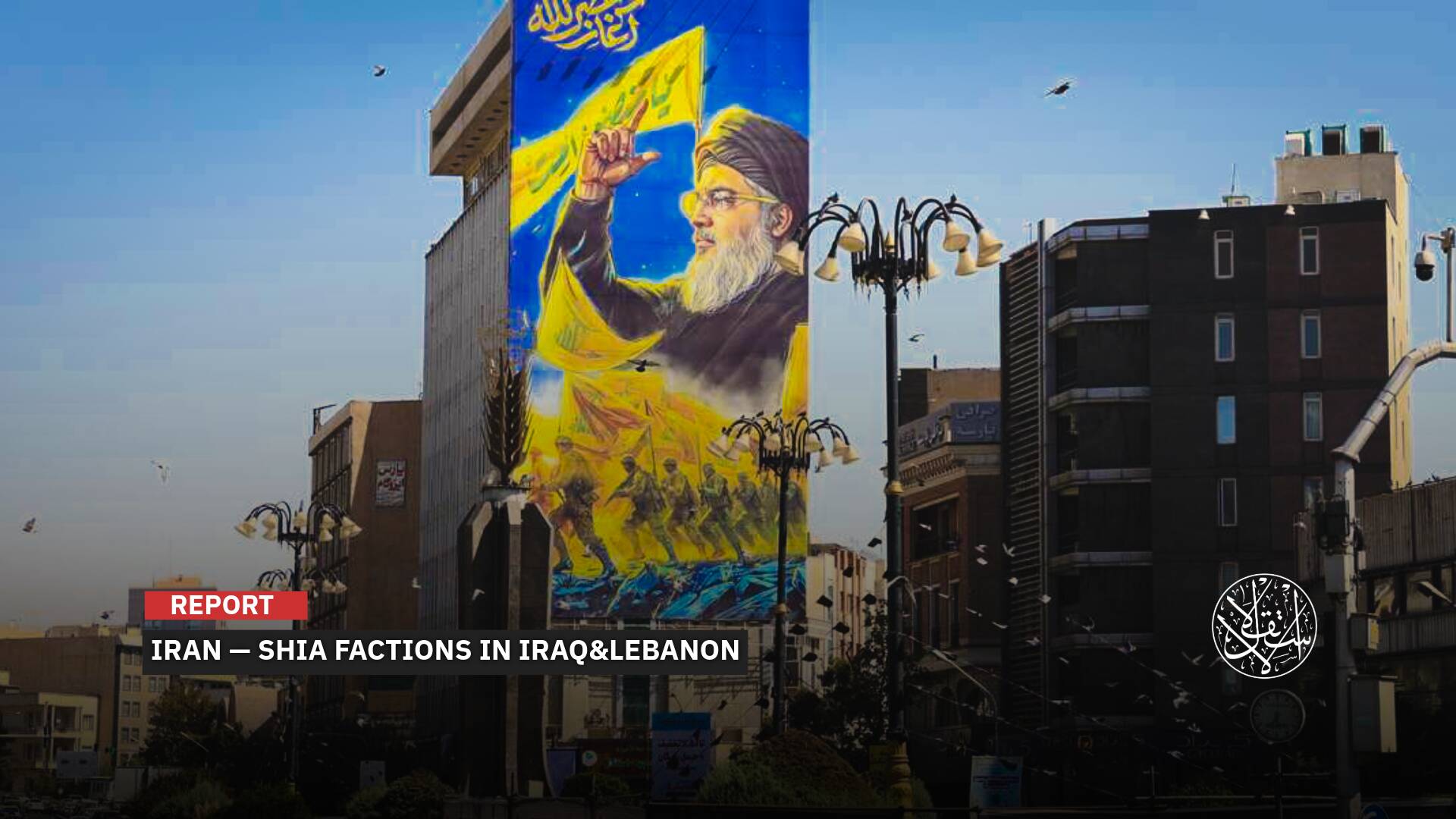Will Egypt’s Cabinet Reshuffle Improve its Economy?

In a session that lasted no more than 15 minutes, Egypt's House of Representatives (parliament) voted to approve a cabinet reshuffle that included 13 ministries.
The reshuffle did not come close to pivotal sovereign ministries such as defense, interior, and foreign affairs, and it ignored some of the other ministries in which reshuffles were expected to be made, such as finance, agriculture, housing, electricity, and supply.
The move provoked a lot of reactions oscillating between ridicule and questioning its usefulness and not meeting the demands of the street, besides the surprise of retaining some ministers despite many reservations about them.
Egypt swears in new ministers after cabinet reshuffle https://t.co/IWo47VI7bC pic.twitter.com/V1qeHsF33M
— Reuters (@Reuters) August 14, 2022
Legitimate Questions
The reshuffle, which is the fifth in Sisi's second term government, which began in mid-2018, included many surprises, most notably the appointment of Deputy Minister of Education Reda Hegazy as Minister of Education instead of controversial Minister Tarek Shawky.
Several questions have been raised on the Egyptian street about Sisi's insistence on retaining some of the names that were sharply criticized during the past period for their poor performance or involvement in corruption cases.
The Minister of Endowments, Mokhtar Gomaa, has been in office since July 2013 until today, despite his involvement in the case of bribery of former Minister of Agriculture Salah Hilal and sending his wife, son and dozens of close associates to perform the Hajj at the expense of the ministry.
There is also Foreign Minister Sameh Shoukry, whom some accuse of failing on some vital files, most notably the Renaissance Dam file, which endangers the future of Egyptian water security after Addis Ababa completes the third phase of filling, along with Electricity Minister Mohamed Shaker, the second oldest of the current ministers, who also faces accusations of exploiting influence and facilitating the work of his company in the field of electrical consultancy.
Will they stand & defend @UN #HumanRights #RuleOfLaw #FreedomofSpeech? #Egypt has tens of thousands political prisoners facing trials. @nytimes created 1st public record, revealing thousands trapped in pretrial detention - https://t.co/stht1CEZvh
— Diana van Dorresteijn (@DvDorresteijn) August 14, 2022
'Hidden' Failure
Ministerial reshuffles as a general traditional procedure in the tradition of political science indicate the failure of existing names to achieve the desired goals and implement the policies followed.
Therefore, changing them was the first step towards returning to the right path, from the point of view of the authority at the very least, and therefore there is some mistake or a specific failure that necessitated the pumping of new blood with different ideas and visions.
But it seems that the Egyptian authorities have another opinion avoiding entering the trap of "failure" as this change offends them, as in some other files, most notably the Covid-19 pandemic, although this is very normal in all countries of the world, without sensing any embarrassment.
This authoritarian trend was revealed by the list of instructions issued by the United Media Services Company (affiliated with a sovereign entity and under the supervision of the state) to Egyptian press websites and satellite channels to prohibit the publication of any negative news about the previous ministers and to deal positively with the appointees by presenting their CVs and files of each ministry.
Among the most prominent of the previous ministers who are prohibited from being mentioned in the media in the list of prohibitions seen by Mada Masr is former Minister of Immigration Nabila Makram, and the circumstances of her departure from the ministry following the case of her son accused of murder in the United States of America. As well as Minister of Education Tarek Shawky, whose dismissal was a public demand, as he prevented the publication of any negative news related to his management of this file.
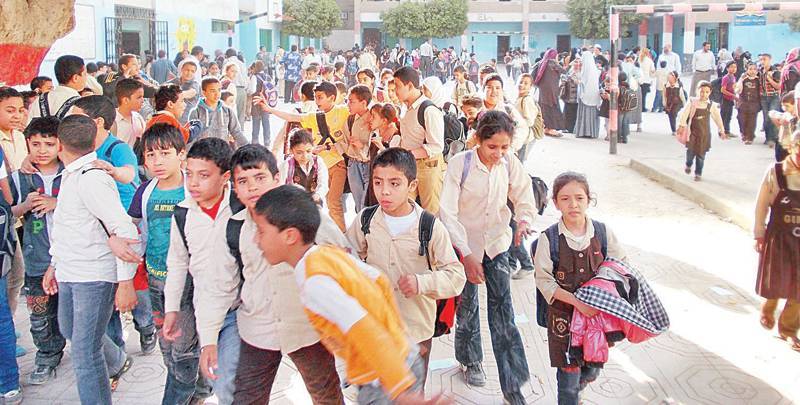
Anger Absorption
The current reshuffle came at a time when the Egyptian arena is witnessing a wave of popular tension in light of the deteriorating living conditions and the failure to deal with many files, which made change a demand of the Egyptian street, changing people and policies alike.
The policies adopted in recent years have increased unemployment and inflation rates and pushed more than 30% of people into poverty.
The Russian-Ukrainian war and before it the Covid-19 pandemic have increased the difficult situation, which has resulted in the escalation of anger, especially after the clear failure to manage the file of the Renaissance Dam, which began to cast a dark shadow on the future of water and electricity in Egypt.
The reshuffle moved significantly away from the ambitions of the street, which hoped to outcast the entire government and adopt new policies that take into account the social dimension in its policies.
Some believe that the reshuffle in its declared form is its main goal to absorb congestion and alleviate the escalating popular anger, without any real will for change, especially since it omitted the portfolios criticized, such as supply, foreign affairs, endowments, and finance.
The policies of successive governments over the past eight years have exacerbated the crisis, with data released by the Central Bank of Egypt indicating that the country's external debt rose to $157.8 billion at the end of March from $145.529 billion by the end of December 2021, with an increase of about 8.5% in three months.
The debt burden in both internal and external parts amounts to 110% of the total state revenues, about one trillion and 655.7 billion pounds ($ 89 billion) (690.2 billion pounds interest and 965.5 billion debt installments).
While the total expected revenues amount to one trillion and 517.9 billion pounds ($81.6 billion) according to the financial statement of the state budget for the fiscal year (2022-2023), the gap between external debt and cash reserves has increased over the past 12 years by about four times in 12 years, according to Bloomberg.
Several Reshuffles
Since Sisi came to power in 2014, he has made nearly 10 cabinet reshuffles within the corridors of 3 successive governments.
Harsh criticism of these reshuffles amounted to ridicule and loss of confidence in the whole step's feasibility, especially with everyone's belief that the crisis is not in the people but in the policies and decisions of the president.
Sisi does not leave any room for partnership with the public. Therefore it can be said that the initial reactions reveal that the strategy of "tranquilizers and painkillers" pursued by the current authorities to cool popular tension is no longer valid in light of the worsening situation and the fall of many of the slogans that were resorted to it the system to numb public opinion.
In a report entitled "Emerging Economies Crises…Hunger and power outages are just beginning," Bloomberg warned of the accumulation of shocks to emerging and developing markets over the past years, led by the shift to a wider debt disaster, pointing out that Egypt is among the list of those at risk because of its suffering from balance-of-payments problems.



